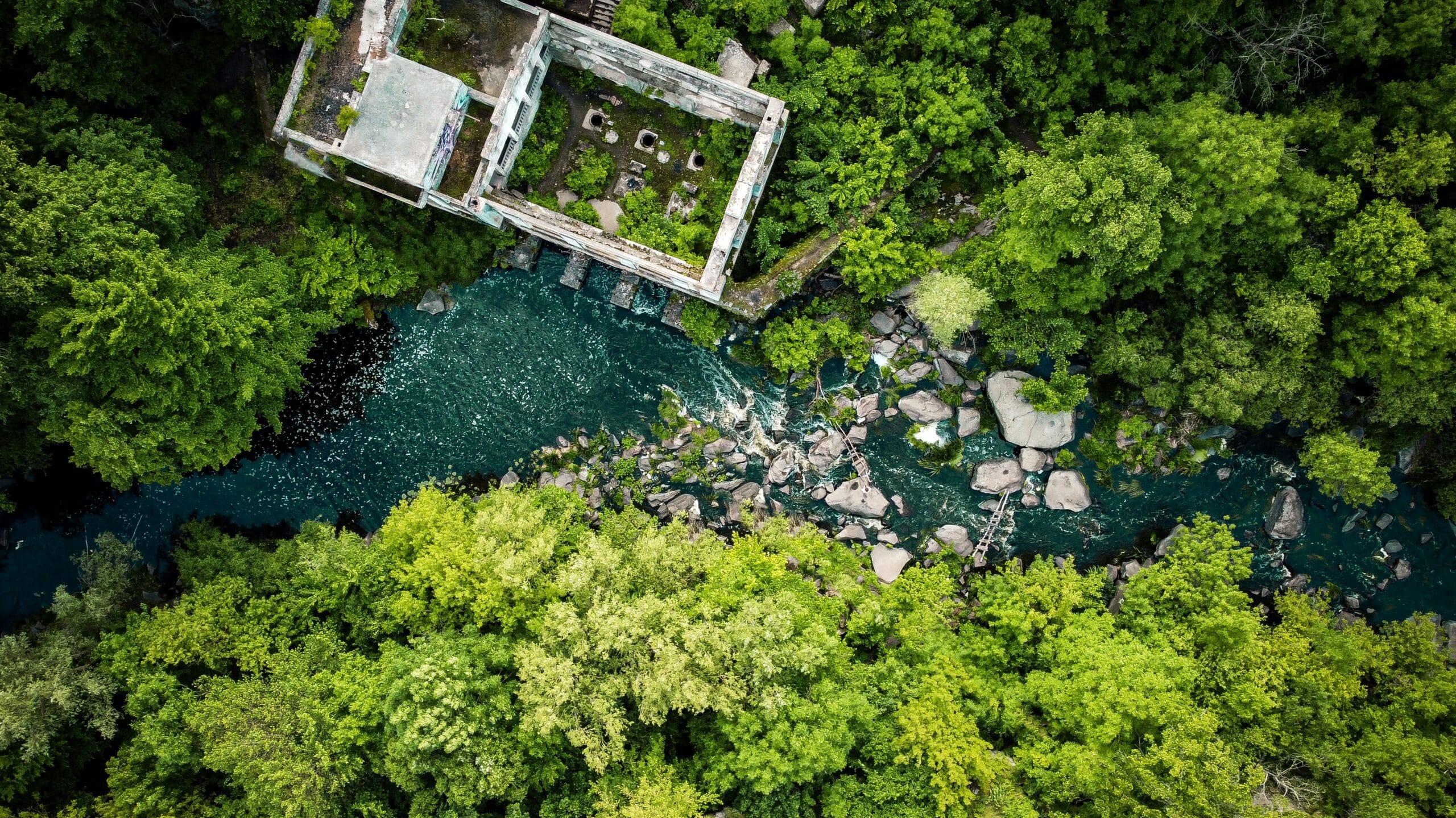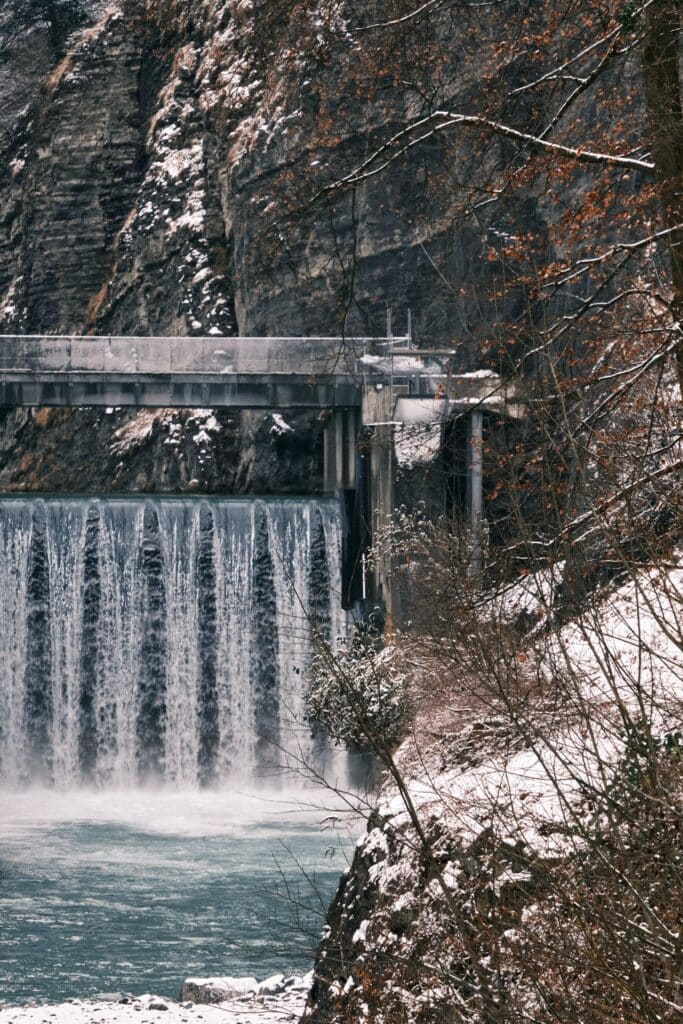The advantages of hydropower

Hydropower is a renewable type of energy that uses the force of moving water to produce electricity. Its many advantages make it one of the largest and most frequently used sources of energy in the world.
In this article, we will explore the main advantages of hydroelectric power.
A renewable and sustainable source of energy
Hydroelectric power is a renewable and sustainable energy solution. By using the force of moving water, it offers a continuous production of electricity and does not depend on exhaustible resources such as fossil ressources. The natural water cycle ensures a long-term source of energy.
Clean, zero-carbon energy
Hydroelectric power is considered a clean source of energy because it does not emit carbon. Unlike thermal power stations, it does not contribute to global warming or produce harmful greenhouse gases. This makes it an environmentally friendly option for reducing our carbon footprint.
Carbon-free by nature
Hydropower has the best carbon footprint of all energy sources: 4 g eq CO2 per kWh produced
● 3 x less CO2 than wind power
● 20 x less CO2 than photovoltaic solar energy
● 250 x less CO2 than coal-fired power stations
It is also the densest renewable energy with a high load factor:
Turbiwatt 80% – Wind energy 26% – Solar 14
Reliability and predictability of production.
Water is an important resource on our planet, which means that hydroelectric power can be produced in large quantities and in a predictable way. Rivers are often fed by regular rainfall, which ensures a constant supply of water for hydroelectric power stations.
Unlike other renewable energy sources, such as solar and wind power, which can fluctuate according to weather conditions, hydroelectric power can be produced on a more regular and constant basis.
Turbiwatt turbines have been specially developed to equip low-flow rivers, making it possible to produce hydroelectric power even in summer.
Finally, hydroelectric power stations are renowned for their particularly long service life. If the turbine is properly maintained, it can last up to 40 years.
Constant energy production 24/7, even at low flow rates in summer, thanks to micro-turbines.
Energy storage and flexibility
Another advantage of hydroelectric power is its energy storage capacity. The reservoirs of hydroelectric power stations can store excess water during periods of low electricity demand, then release it when demand is higher. This makes it possible to regulate electricity production and provide a flexible energy source that can be adapted to the needs of the electricity grid.
Competitive energy with a return on investment of between 5 and 10 years
Self-consumption: no electricity bills.
EDF buys back the energy produced with a commitment and a guaranteed feed-in tariff over 20 years.
These projects can be financed up to 80-95%.
- Electricity production 100 kW :
Generates €100,000 excluding VAT in revenue *
Supplies the equivalent of 200 French households**.
A return on investment of between 5 and 9 years with Turbiwatt micro-turbines.
* EDF OA 2022 H16 tariff base
** The average electricity consumption of a French household, excluding heating and hot water, is 2700 kWh/year.
Source ADEME – CEREN and REMODECE 2008

Hydroelectric power has many advantages, including its renewable nature, zero carbon emissions, abundance and predictability, flexible energy storage, not to mention its cost-effectiveness. By harnessing this clean, sustainable source of energy, we can contribute to the transition to a more environmentally friendly energy future.
Hydroelectric power is the most carbon-free, cost-effective and available 24 hours a day.
Do you have a inland waterway or river? See if you can create your own hydroelectric power station.



